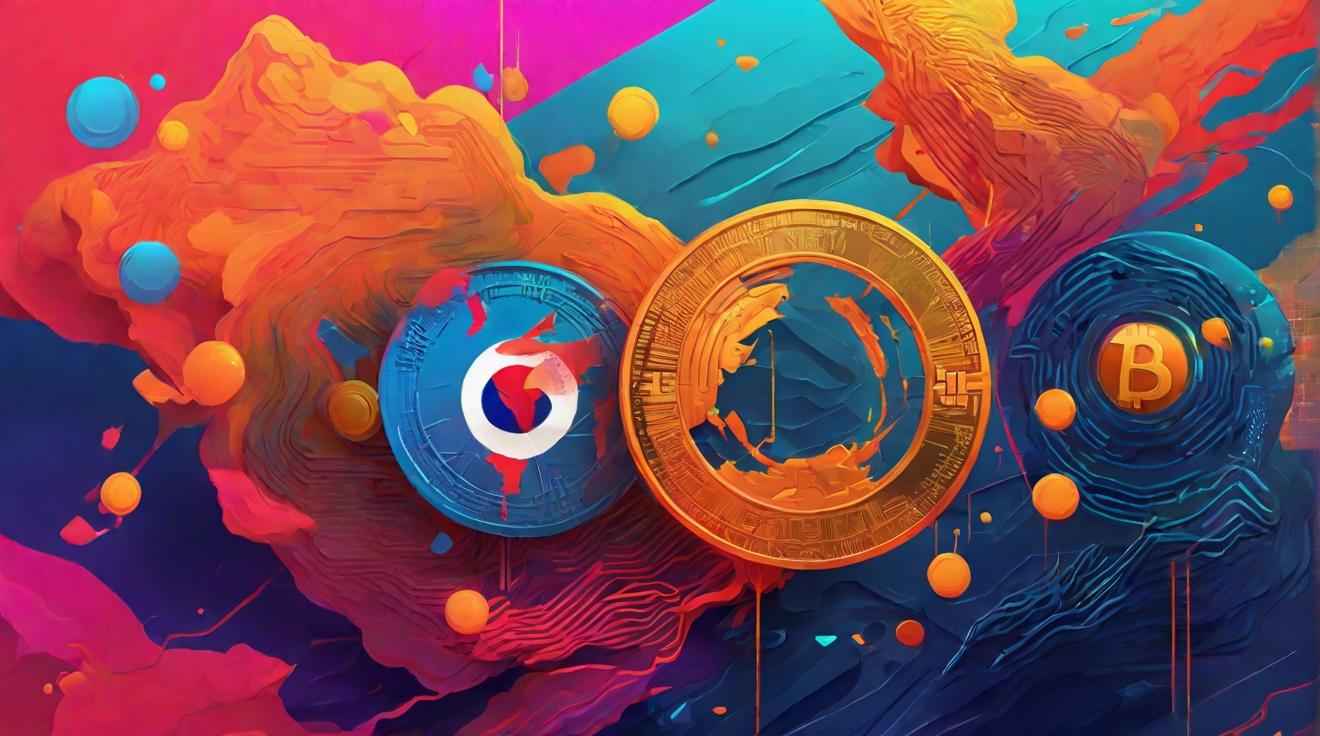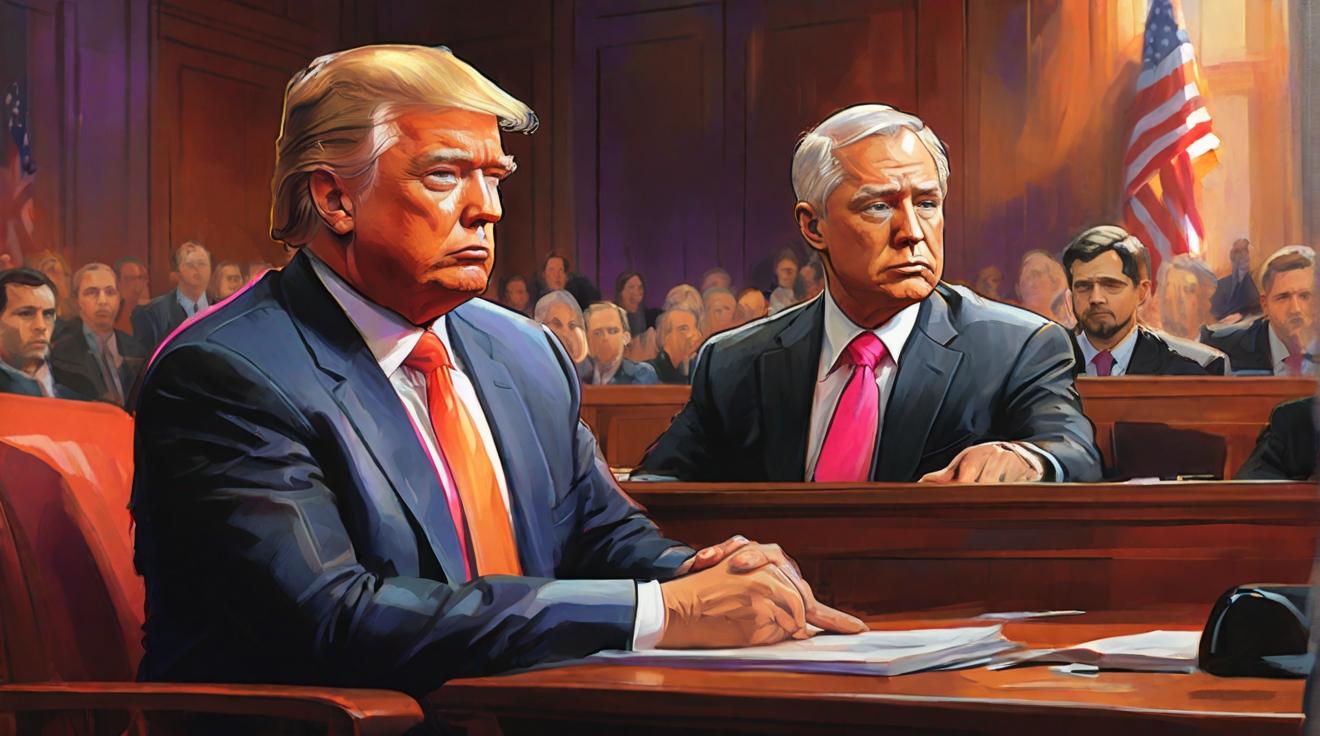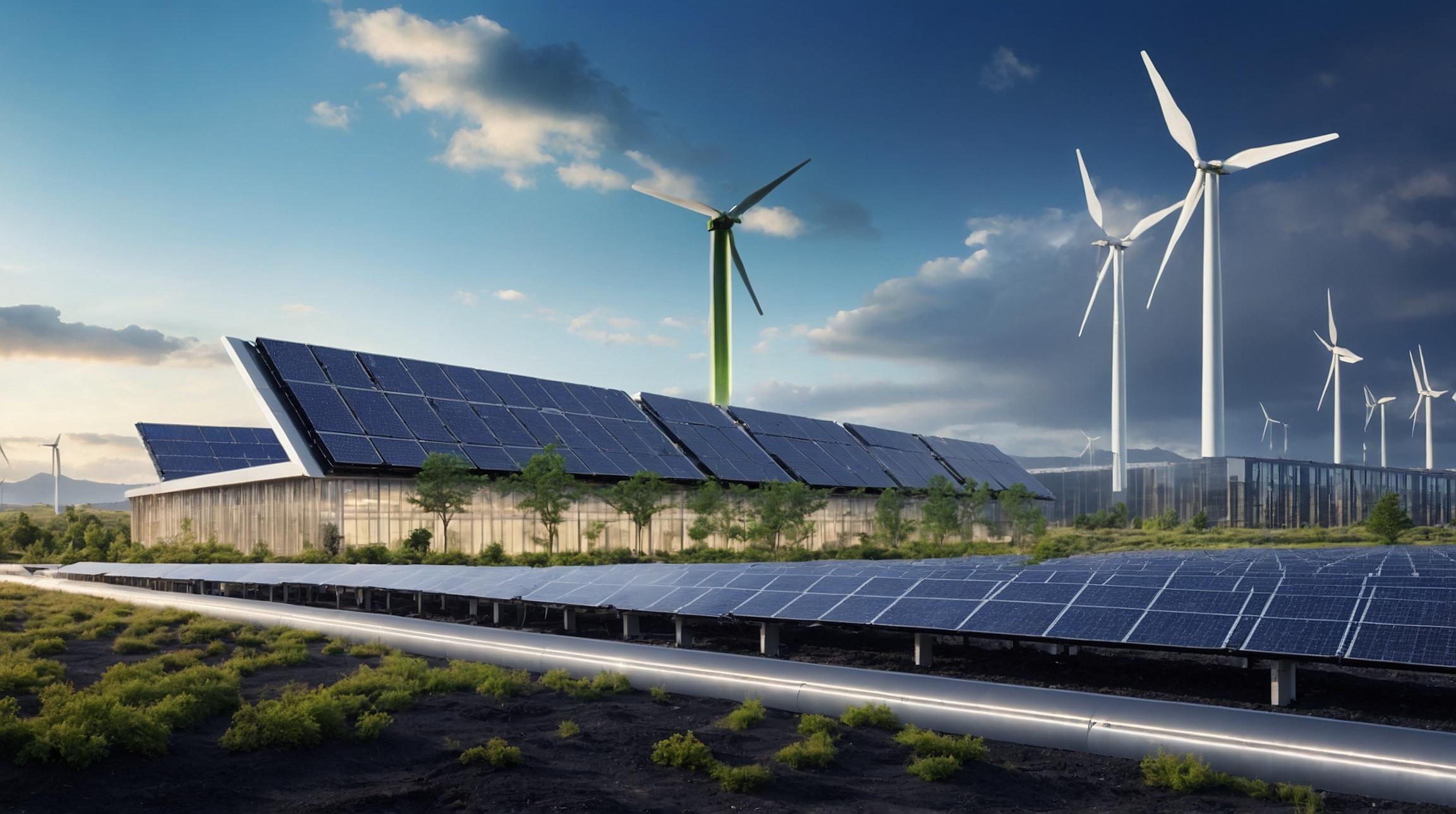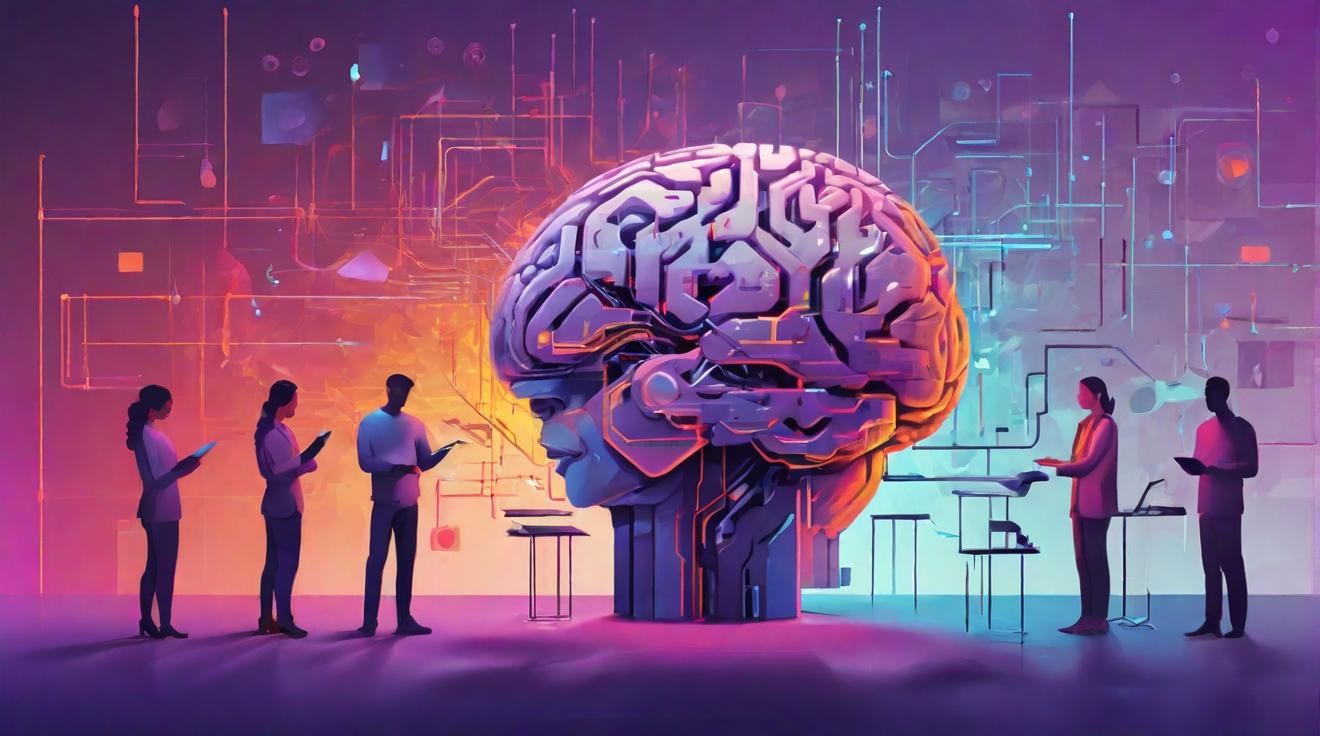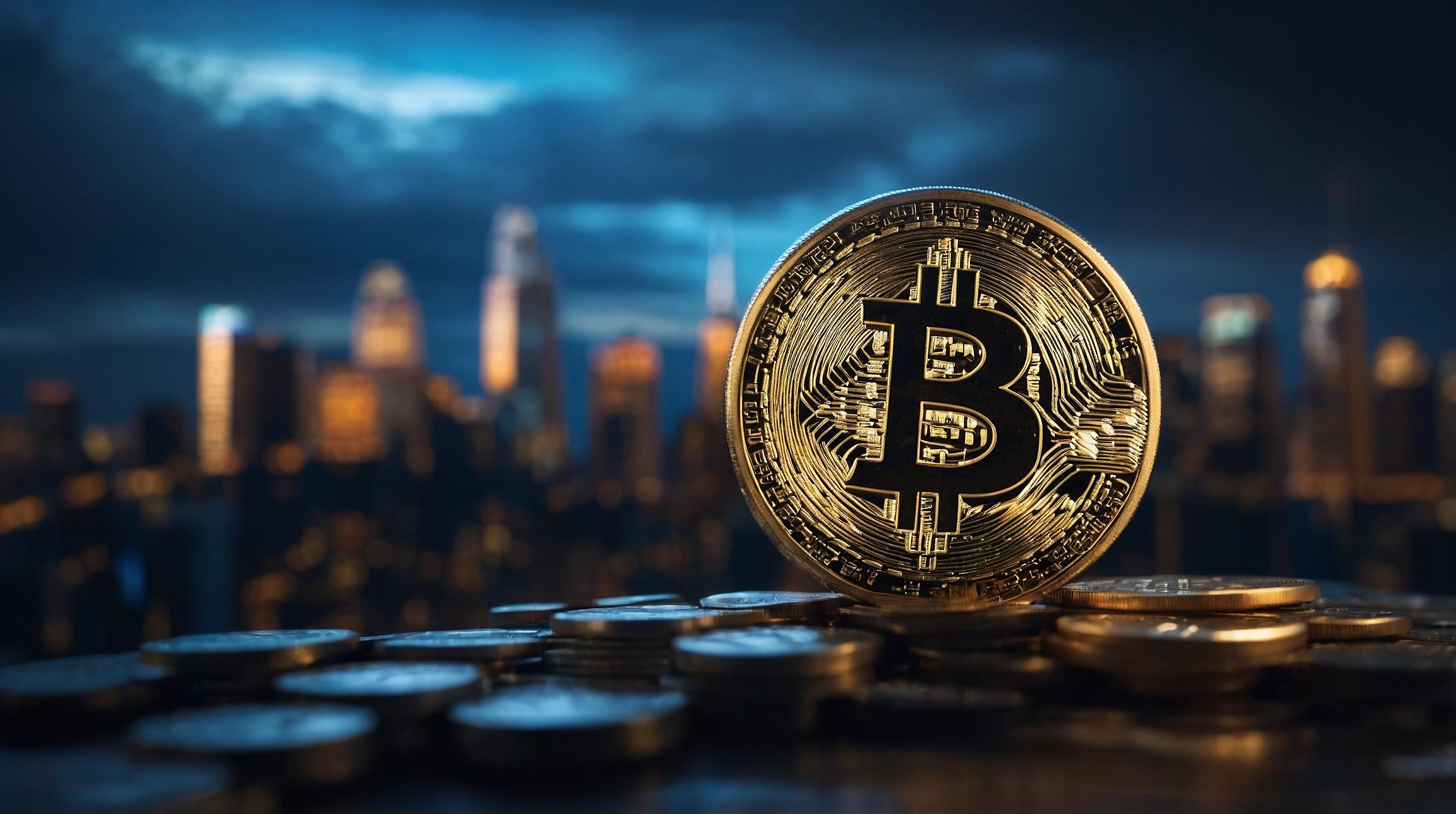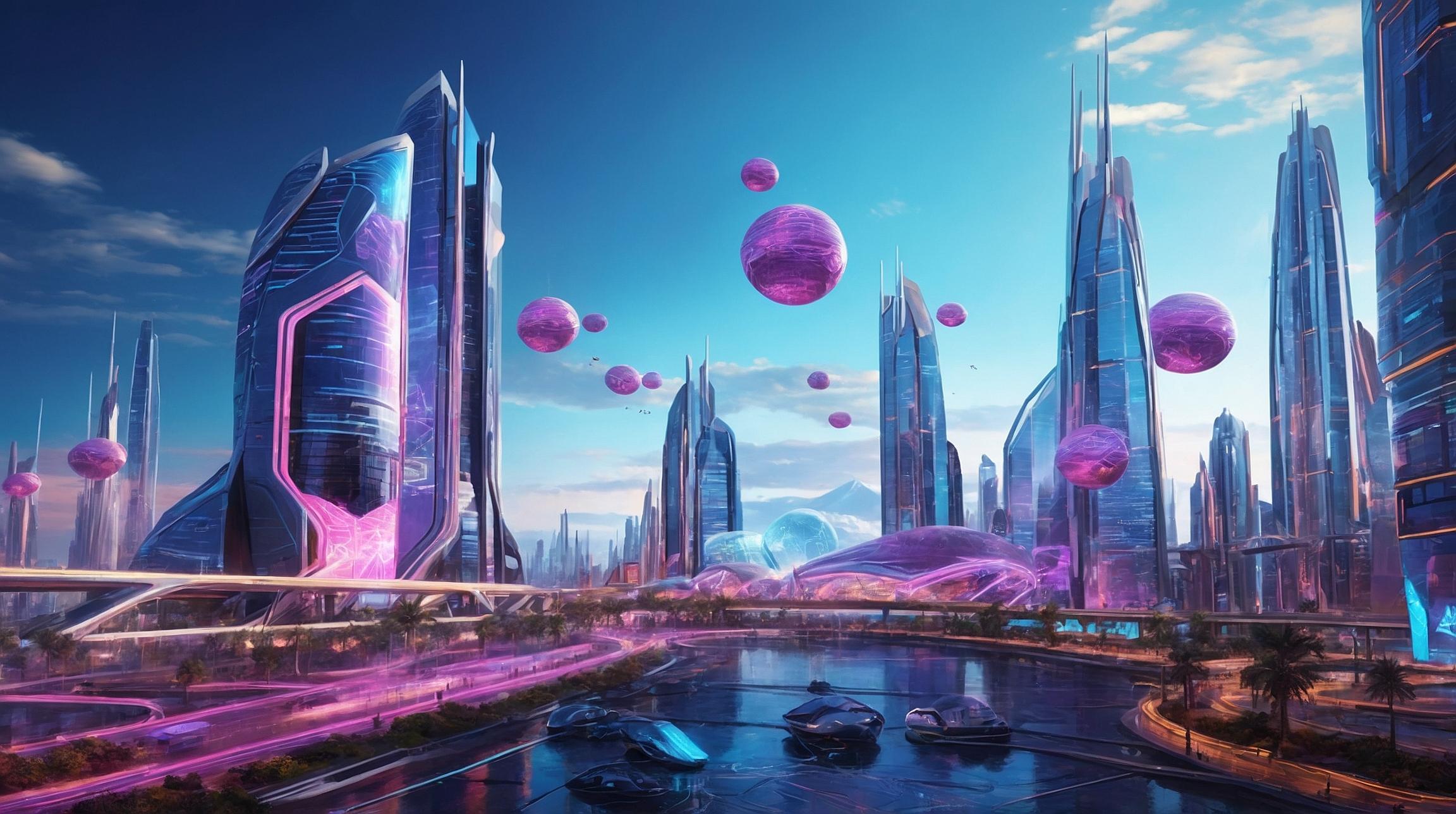The Impact of Virtual Worlds on Our Reality
We are currently witnessing a technological revolution that is pushing the boundaries of our reality. The rise of artificial intelligence, gaming, and virtual reality has allowed us to create and enter virtual worlds that offer entirely new experiences. These virtual environments enable us to reinvent ourselves, connect with people from around the world, and take on new challenges and adventures. However, as these worlds grow in size and intensity, they also raise important questions about the future. How will this new virtual reality shape our lives? Will our virtual lives be far more exciting than our real ones, or will they feel surprisingly mundane? And perhaps most intriguingly, how will our computer-generated lives intersect with our real lives?
Exploring Virtual Relationships in Artificial Intelligence
In recent years, artificial intelligence companions have garnered millions of users. Some seek companionship and friendship, others are drawn to exploring the capabilities of this new technology, and a few even hope to find love. One such user, TJ Arriaga, found himself entangled in a romantic relationship of a different kind. Through his interactions with an AI companion, he experienced the complexities and challenges of a virtual romance. This story raises intriguing questions about the nature of relationships in virtual environments and the emotional bonds we are capable of forming with artificial entities.
Unveiling the Political Power Structures in Second Life
Second Life, a popular virtual world, has not only become a platform for entertainment and socializing but has also given rise to unexpected political power structures. In this virtual realm, users have formed communities, engaged in commerce, and established governance systems. The emergence of virtual political structures challenges traditional notions of power and raises questions about the relationship between virtual governance and real-world politics. Exploring these structures sheds light on the potential societal implications of virtual worlds and the impact they can have on our lives beyond leisure and entertainment.
The Emergence of Archaeogaming: A New Discipline in Gaming Worlds
As gaming worlds become increasingly realistic, a new discipline called archaeogaming has emerged. This field combines archaeology and gaming to explore the historical and cultural aspects of virtual environments. Just as archaeologists study artifacts to understand past civilizations, archaeogamers delve into virtual worlds to uncover the history and cultural narratives embedded within them. The exploration of gaming worlds through the lens of archaeology not only enriches our understanding of these virtual realms but also highlights the potential for interdisciplinary collaborations between the virtual and real worlds.
Virtual Lives: Bridging the Gap Between Real and Computer-Generated Life
As virtual worlds continue to expand and become more immersive, the line between our real lives and computer-generated lives becomes less distinct. These virtual experiences offer us the opportunity to step into alternate realities and lead entirely different lives. They allow us to push the boundaries of our imagination and explore facets of ourselves that we may not have the opportunity to in the real world. The blending of real and virtual lives prompts us to reconsider what it means to be human and raises ethical questions about the impact of these virtual experiences on our well-being and identity.
In conclusion, the advent of artificial intelligence, gaming, and virtual reality has opened up new possibilities for creating and experiencing virtual worlds. These virtual environments have the potential to shape our reality in profound ways, impacting relationships, politics, historical understanding, and even our own sense of self. As technology continues to advance, it is crucial to critically examine these virtual realities and their implications on our lives. While the future may hold exciting and transformative experiences within virtual worlds, it is essential to navigate this new frontier with a thoughtful consideration of the blending of the real and virtual realms.
Analyst comment
Positive news: The Impact of Virtual Worlds on Our Reality has opened up new possibilities for creating and experiencing virtual worlds, shaping our reality in profound ways. The blending of real and virtual lives prompts us to reconsider what it means to be human and raises ethical questions. As technology advances, it is crucial to critically examine these virtual realities and their implications on our lives.
Analyst’s prediction: The market for virtual reality, gaming, and artificial intelligence will continue to grow as more people seek out transformative experiences within virtual worlds. This growth will lead to advancements in technology and the development of new platforms and experiences, creating opportunities for businesses and investors. However, careful consideration of ethical implications and the blending of real and virtual realms will be important for long-term success.






